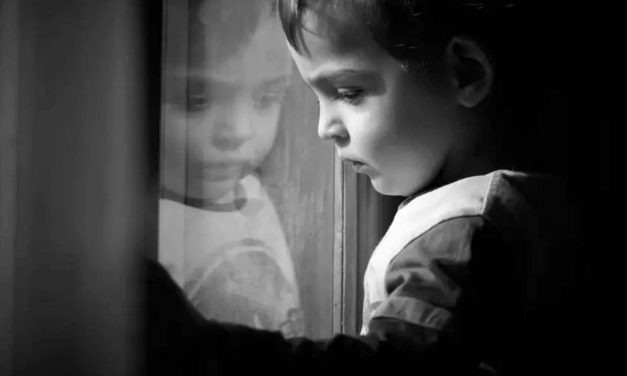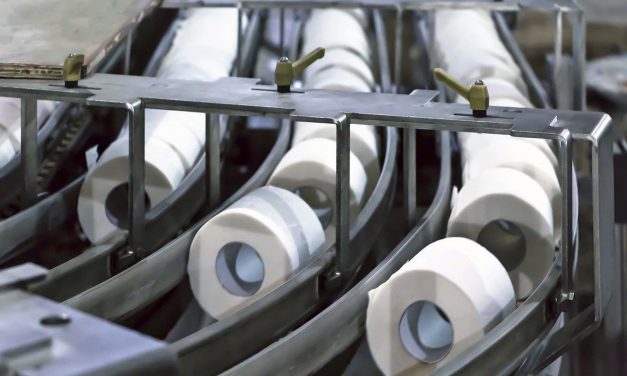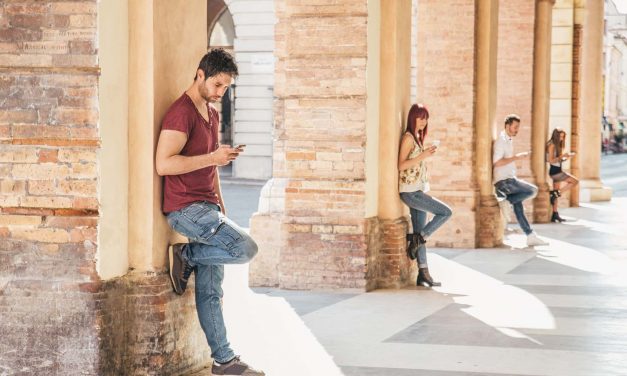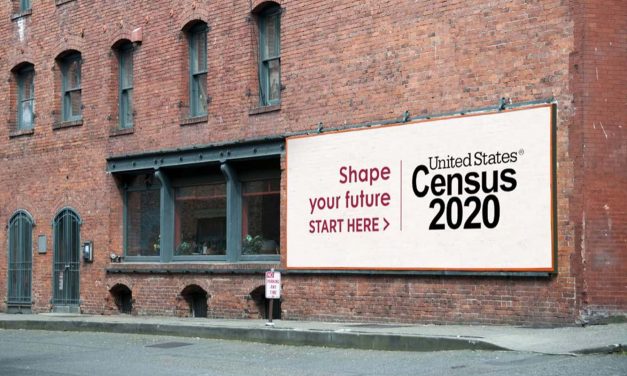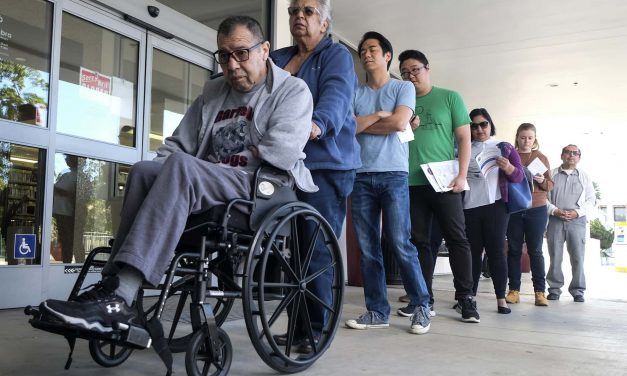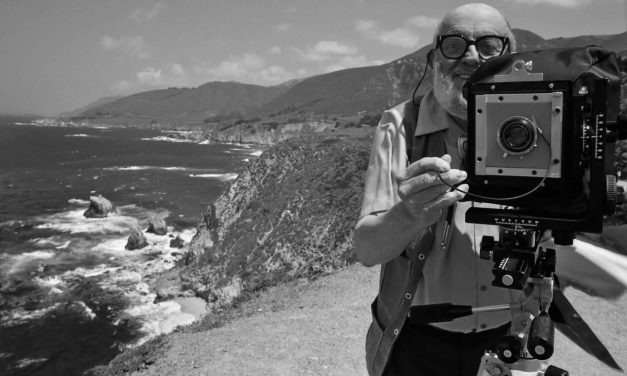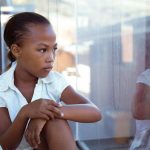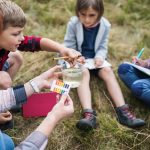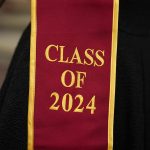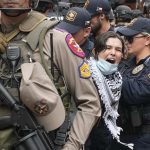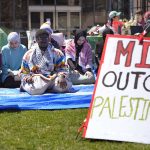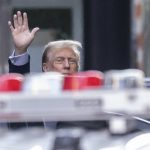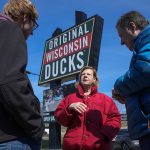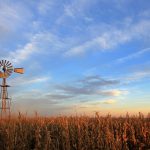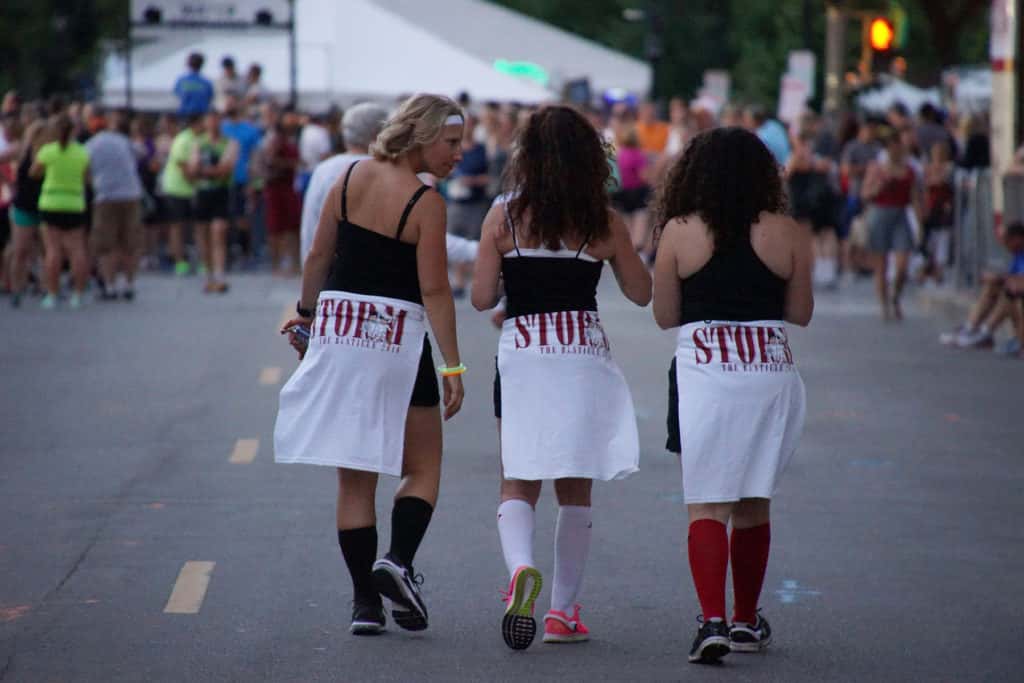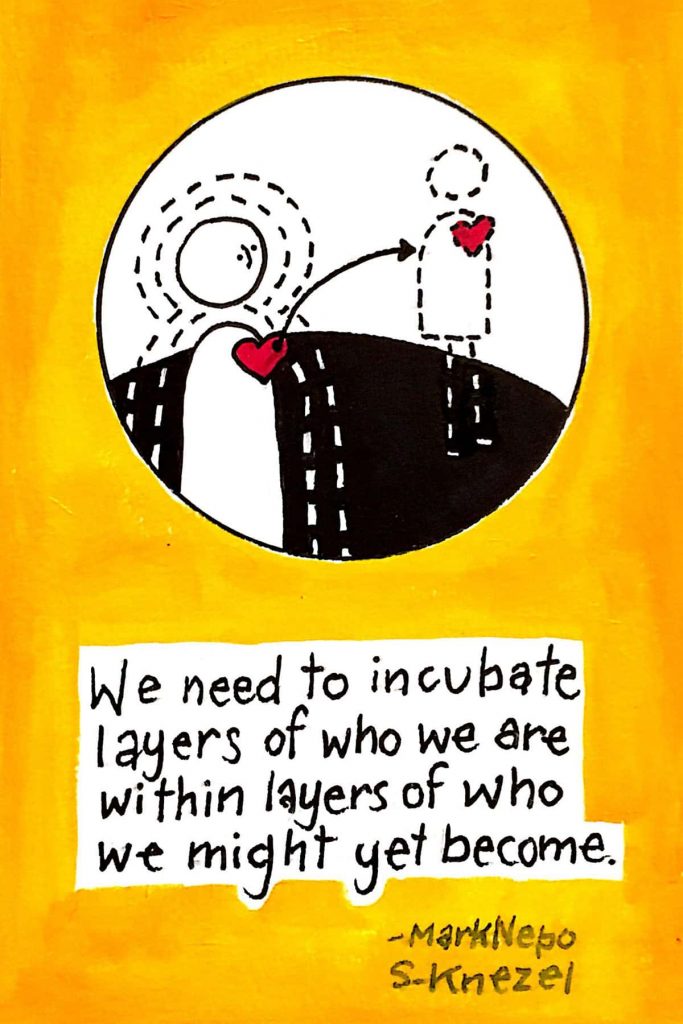Closure of school cafeterias due to coronavirus puts poorest children at risk of missing nutritious meals
By Thurston Domina, Professor, Educational Policy and Organizational Leadership, University of North Carolina at Chapel Hill Schools aren’t only places where kids learn. They are also places where kids eat. Thanks to the National School Lunch Program, 30 million U.S. children – some 60% of all school-aged kids – regularly eat some combination of breakfast, lunch and afternoon snacks at school. Federal subsidies ensure that school meals are affordable for all children to stave off hunger and malnutrition. But what is happening to meals provided by the nation’s largest child nutrition program as public schools shut their doors to...
Read More
